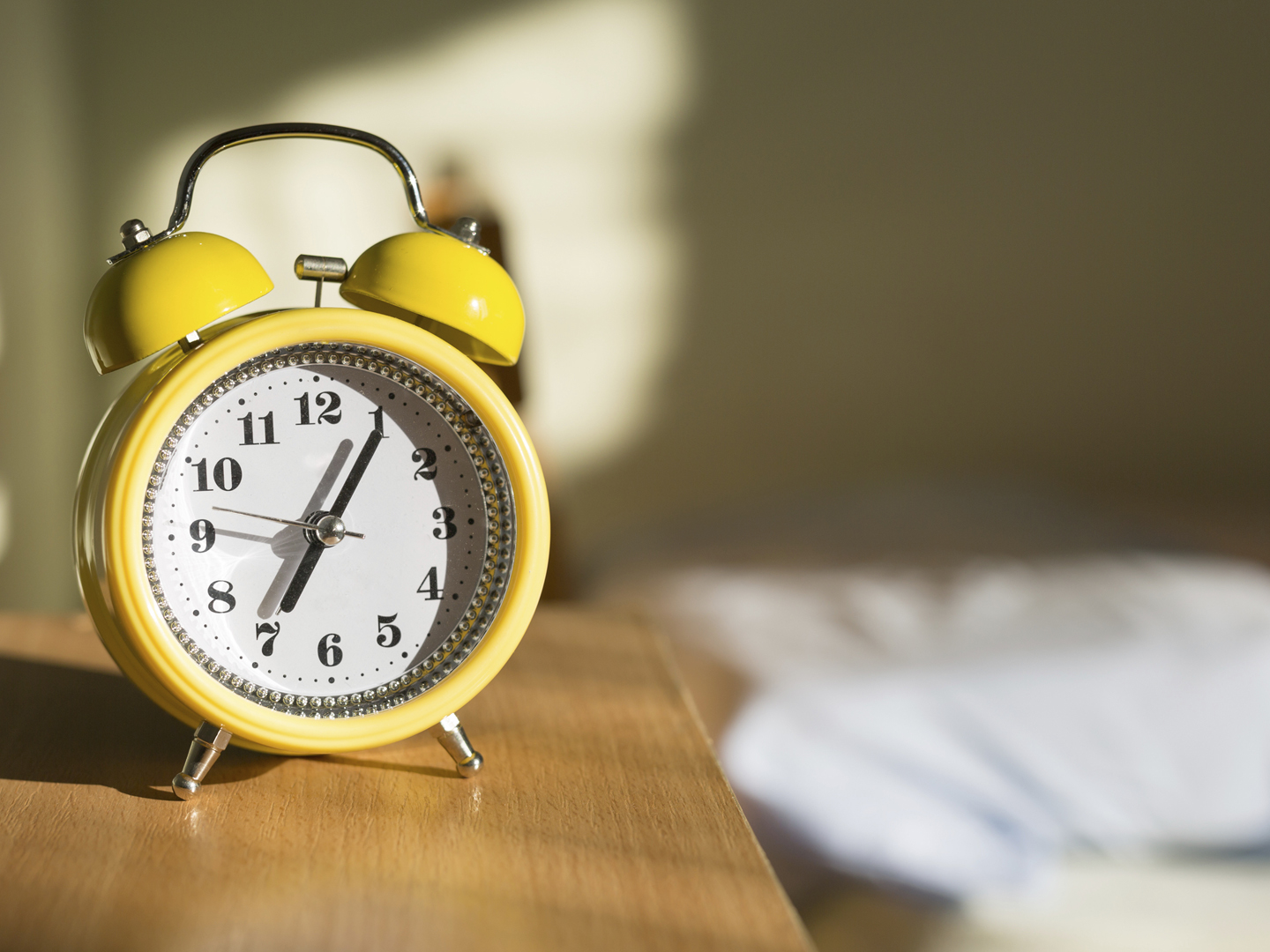How To Reset Your Body Clock

If you make a habit of staying up late and getting up early, you may not be at your best. The solution is going to sleep earlier, but that’s not easy if your body’s internal clock is out of sync with light and dark. A study from the University of Colorado published in 2013 established that exposure to artificial light at night sets back our internal clocks by about two hours, as evidenced by shifts in normal fluctuations of melatonin, the hormone responsible for our internal clock and sleep/wake cycles. Melatonin levels rise in the dark and drop in the light, but this cycle can go awry with exposure to bright artificial light, especially indoors when it is actually dark outside. The 2013 study showed that body clocks were reset as a result of spending a week camping without cell phones, flashlights and other lighted electronics. In a new study published in February (2017) the same team found that in winter, even though our exposure to natural light drops substantially, body clocks can be reset over a weekend spent camping (again, minus electronics). In both cases, the trick was going to sleep when it got dark and waking at dawn without changing how long the participants slept.
My take? Our prehistoric ancestors defined their lives by the rhythms of the seasons, and until the beginning of the last century, people’s lives were synchronized with the hours of daylight, rising with the sun and sleeping after it set. Thanks to electric light our days and nights now merge into each other, but our bodies still answer to age-old physiological rhythms. Ideally we should be exposed to bright, natural light for at least part of each day, and to experience a natural level of darkness (with no more illumination than the moon and stars provide) each night. Not everyone can go camping to reset his or her body clock. But it is worthwhile to try to sync your sleep and wake times to natural melatonin cycles. Try going to bed earlier and sleeping in a room as dark as you can make it and, when possible, let natural light – not your alarm clock – wake you.
Source:
Kenneth P. Wright et al, “Circadian Entrainment to the Natural Light-Dark Cycle across Seasons and the Weekend.” February 2, 2017, dx.doi.org/10.1016/j.cub.2016.1.041
Also in this week’s bulletin:









